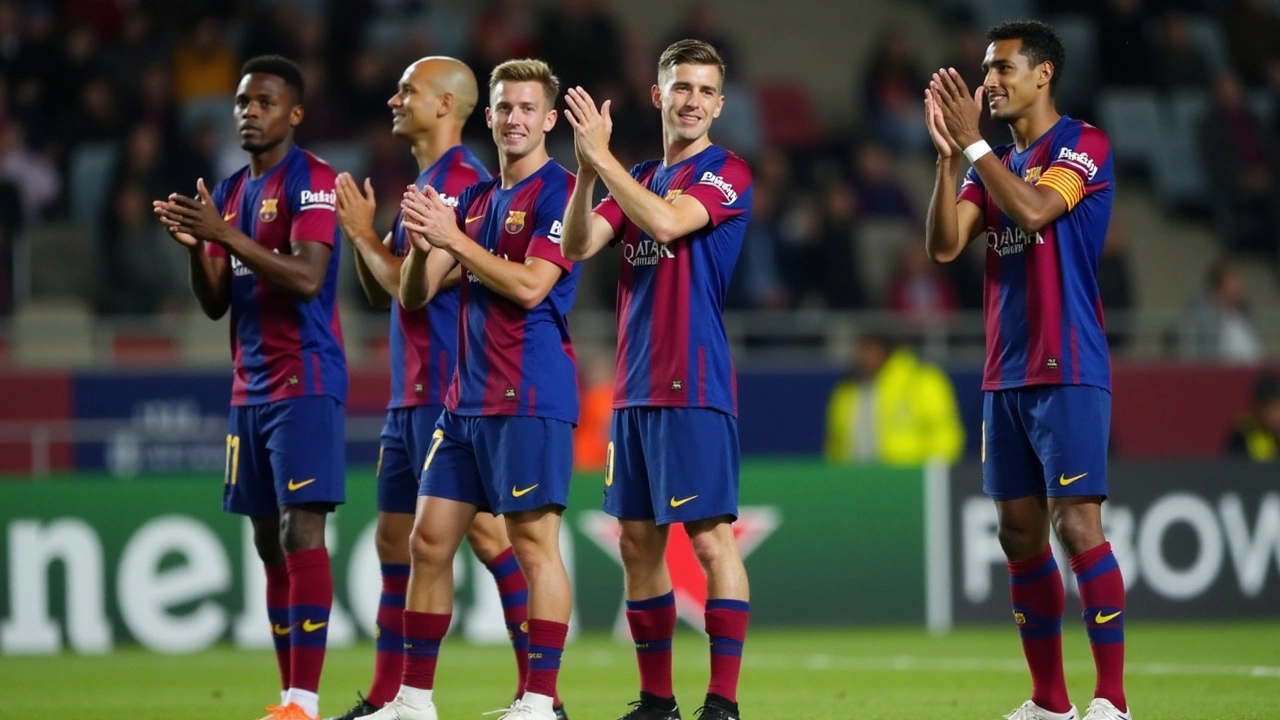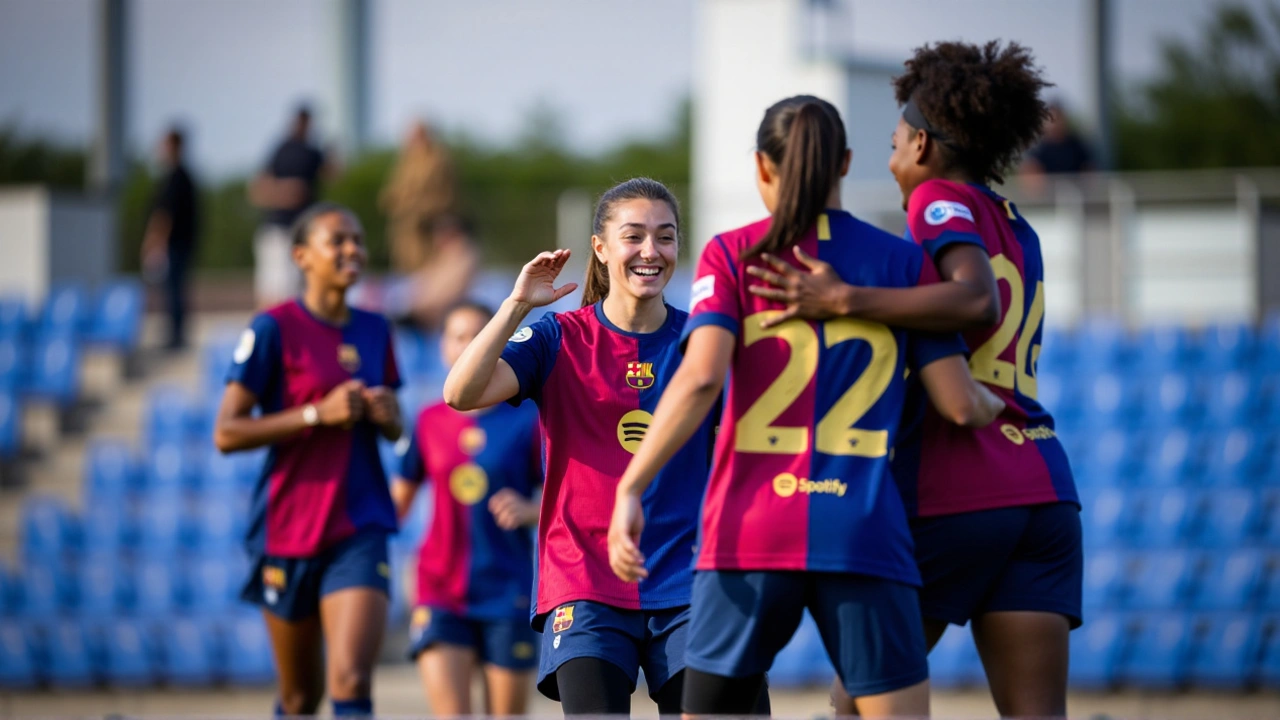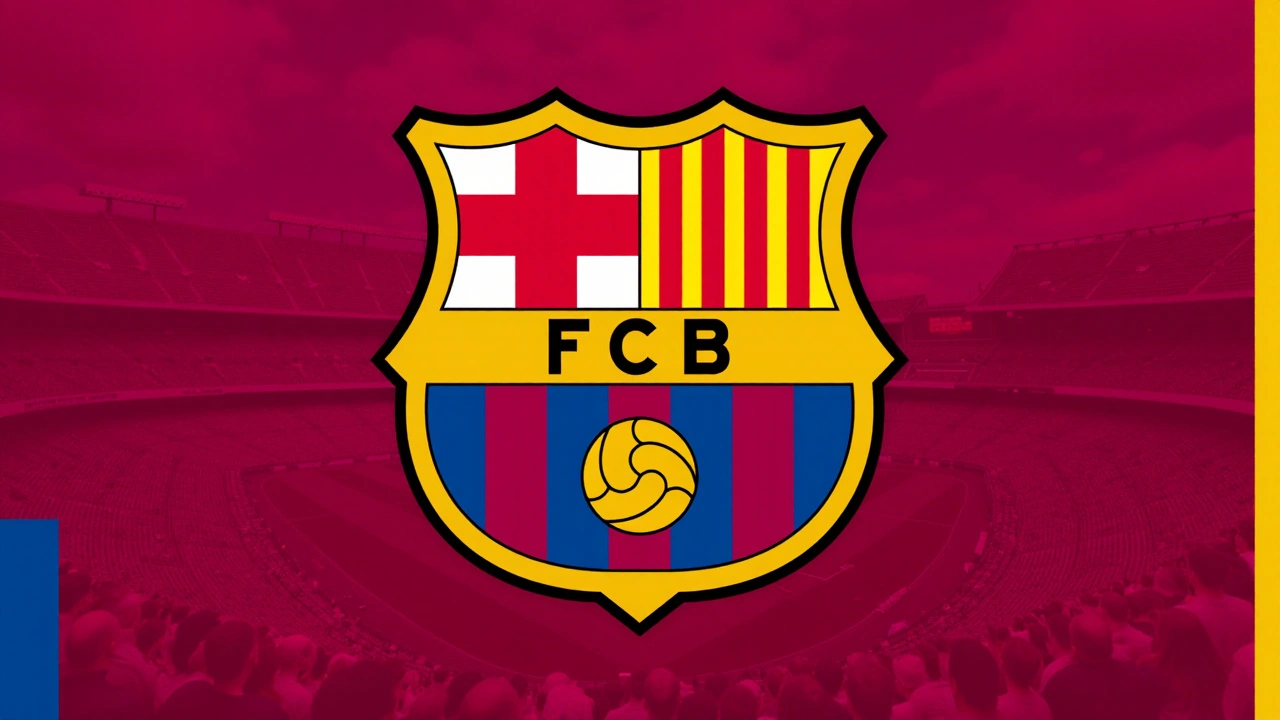Understanding FC Barcelona's Unique Ownership Structure
FC Barcelona, often simply referred to as 'Barça,' holds a special place in the world of football not just for its on-field successes, but also for its distinctive ownership model. The club is owned by its more than 150,000 members, known as 'socios,' who contribute an annual fee typically ranging between €100 to €200. This model, whereby fans essentially have a stake in the club, sets it apart from most European football clubs that operate as limited companies and are often owned by wealthy investors.
The influence of these members is not just titular but extends to significant decisions within the club. For instance, the president and the board of directors are elected through a democratic process involving these members. This participatory approach ensures that those who care deeply about the club, both emotionally and financially, have a say in its running. This model brings a sense of community and belonging but also poses challenges, especially in times of financial distress.
Comparison with Traditional Ownership Models
Barça's ownership model can be contrasted sharply with that of many other top-tier football clubs. Clubs like Manchester United, Paris Saint-Germain, and Chelsea are often owned by billionaires or large corporations. For instance, Manchester United was bought by the Glazer family, while Paris Saint-Germain operates under the ownership of Qatar Sports Investments. These models often bring substantial financial resources, enabling the acquisition of top talents but at times may lead to a disconnect with the fanbase.
In contrast, FC Barcelona's member-owned model demands a balancing act between long-term sustainability and immediate, often expensive, footballing success. While this model fosters a rich sense of identity and community among the fanbase, it also demands transparency and accountability from the club's management. Decisions such as player transfers, wage bills, and other major expenditures must be carefully scrutinized to ensure they align with both the club's financial health and its on-field ambitions.
The Financial Struggles and Poor Transfer Decisions
Despite its storied success, FC Barcelona has not been immune to financial troubles. Poor transfer decisions have been a primary contributor to the club's financial woes. The purchases of high-priced players who failed to meet expectations significantly strained the club's finances. Coupled with escalating wages, these decisions left the club teetering on the edge of a financial precipice.
Moreover, the financial troubles were exacerbated by the impact of the COVID-19 pandemic. The pandemic brought with it a temporary halt to footballing activities and the loss of matchday revenues, severely impacting clubs worldwide. For FC Barcelona, the situation was particularly dire given its already strained finances. The pandemic brought to light the urgent need for a comprehensive financial restructuring at the club, something that President Joan Laporta has been spearheading since taking over for his second term.

Joan Laporta's High-Risk Transformation
Joan Laporta, who previously served as club president from 2003 to 2010, was re-elected in March 2021 amidst the club's turbulent financial landscape. His return to the helm is seen as a beacon of hope by many supporters. Laporta has undertaken a high-risk transformation aimed at stabilizing the club’s finances and rejuvenating its competitive edge. Laporta's plan involves several key strategies, including financial restructuring, maximising commercial revenues, and focusing on the development of young talent from the club's esteemed La Masia academy.
The club's La Masia academy has been a cornerstone of its success, nurturing talents like Lionel Messi, Xavi Hernandez, and Andres Iniesta. By placing renewed emphasis on developing homegrown talent, Laporta hopes to mitigate the costs associated with high-profile transfers and reduce the overall wage bill. This approach not only aligns with the club’s long-standing philosophy but also promises a sustainable path forward amidst the current financial constraints.
The Role of Supporter-Run Fan Clubs
In addition to member ownership, FC Barcelona enjoys the backing of numerous fan clubs around the globe, known as 'penyes.' These supporter-run fan clubs play a crucial role in promoting the Barça culture worldwide. Penyes, operating independently, organize match viewings, events, and other activities that strengthen the bond between the club and its global fanbase. The role these penyes play is pivotal in maintaining the club's massive international following.
The club’s emphasis on being 'more than a club' ('mes que un club') is encapsulated through its worldwide fan engagement. Aspiration and dedication of these fan clubs further reinforce the community spirit that Barca profits from. Despite their operational independence, penyes always align their activities with the broader objectives of FC Barcelona, making them an invaluable extension of the club’s identity.
Barca's Path Forward
Despite recent setbacks and financial struggles, FC Barcelona remains one of the world's most successful and beloved football clubs. Its rich history, philosophy on youth talent development, and unique ownership structure stand as pillars of its enduring appeal. The ongoing efforts by President Joan Laporta to turn around the club's finances, coupled with strong member and fan club support, provide hope for a brighter future.
The challenges are undeniably daunting. Football clubs must compete not just on the pitch but off it as well. Financial prudence, smart transfer policies, and a sustainable revenue model are imperative for the club’s stability. FC Barcelona's path to recovery is paved with cautious optimism rooted in its unique identity and values.

Conclusion: A Unique Community-Driven Club
FC Barcelona’s distinctive ownership model and the passion of its members set it apart in the world of modern football. While it does face its share of challenges, the club’s history and its unwavering global fanbase provide a sturdy foundation. As the tentative steps towards financial recovery begin under Joan Laporta, one thing remains clear: FC Barcelona is more than just a club; it is a community, a legacy, and a symbol of sporting excellence.


Comments
Frankie Mobley
The socios model gives fans a real voice in Barça’s direction. Paying an annual fee turns supporters into shareholders, which is rare in Europe. This structure can boost community loyalty but also limits quick cash injections.
August 19, 2024 at 02:05
ashli john
Love seeing the club stay true to its values while chasing glory it’s a tough balance but hope is alive.
August 23, 2024 at 00:32
Kim Chase
Barca’s fan owned set-up is like a big family where everyone got a say even if they sometimes misspell words like “socios” but the spirit stays strong.
August 26, 2024 at 22:59
David Werner
Behind the glossy La Masia narrative lurks a shadow network of elite financiers pulling strings to keep Barça indebted while pretending democracy is pure. The pandemic was used as a cover to accelerate hidden debt restructuring. Some claim that transfer fees are funneled through opaque channels. The whole model feels like a stage play where the audience thinks they are voting but the script is already written.
August 30, 2024 at 21:25
Paul KEIL
From a governance perspective the member‑owned model constitutes a hybrid equity‑stakeholder paradigm lacking the capital efficiency of a public limited company thus the cost‑structure elasticity is inherently constrained.
September 3, 2024 at 19:52
Horace Wormely
The financial restructuring under Laporta emphasizes revenue diversification, wage moderation, and prudent transfer policy, which aligns with sound fiscal management principles.
September 7, 2024 at 18:19
christine mae cotejo
Barça’s identity as “more than a club” has always resonated with millions, yet the reality of balancing heritage with modern competition is a tightrope act that demands both vision and restraint. The member‑owned structure creates a democratic aura, granting socios a theoretical seat at the table, but the practicalities of swift decision‑making are often hampered by bureaucratic layers. When the club splurged on high‑profile signings, the financial repercussions were immediate and stark, exposing the fragility of a model that relies on collective goodwill rather than deep pockets. Laporta’s recent emphasis on youth development is not merely a nostalgic nod to La Masia; it is a strategic pivot toward sustainable talent pipelines that can curb exorbitant wage bills. By promoting home‑grown players, the club hopes to preserve its footballing philosophy while mitigating the risk of costly transfer failures. However, the transition is not without challenges; established stars expect competitive salaries, and the pressure to deliver trophies remains relentless. The pandemic exacerbated existing fiscal strains, stripping matchday revenue and compelling the board to confront a liquidity crunch that few anticipated. In response, the club launched a series of commercial initiatives, from global sponsorship deals to digital fan experiences, aiming to diversify income streams beyond the traditional stadium model. Yet, these efforts must contend with market saturation and the ever‑shifting landscape of sports media consumption. Meanwhile, the global network of penyes continues to provide grassroots support, organizing viewings and charitable events that reinforce Barça’s cultural footprint. Their role, though informal, injects a palpable sense of community that can’t be quantified on balance sheets. The ongoing debate among socios reflects a broader tension between preserving the club’s soul and embracing the financial pragmatism required in today’s elite football arena. Ultimately, Barça’s path forward will hinge on its ability to meld democratic ideals with astute fiscal stewardship, ensuring that the legacy of past glories translates into a resilient future.
September 11, 2024 at 16:45
Douglas Gnesda
While the jargon‑heavy description captures the structural essence, it’s worth noting that the lack of rapid capital influx limits competitive agility; hence a hybrid financing approach could bridge the gap without compromising member influence.
September 14, 2024 at 00:19
Abhijit Pimpale
The balance sheet reveals that net debt exceeds operating revenue, necessitating immediate liquidity measures.
September 17, 2024 at 22:45
Eric DE FONDAUMIERE
Yo the numbers are crazy i mean the debt is massive but we can fix it if we all pitch in and make smarter moves yeah
September 20, 2024 at 06:19
Pauline Herrin
While the socios framework embodies democratic ideals, it inevitably imposes fiscal rigidity that may impede competitive parity with investor‑backed clubs.
September 24, 2024 at 04:45
pradeep kumar
The club’s romantic rhetoric masks systemic mismanagement and escalating wage liabilities.
September 28, 2024 at 03:12
love monster
Global penyes amplify Barça’s identity, creating cultural bridges that sustain fan engagement beyond matchdays.
October 2, 2024 at 01:39
Christian Barthelt
Contrary to popular sentiment, member ownership does not guarantee financial stability; it merely distributes risk among countless individuals.
October 6, 2024 at 00:05
Ify Okocha
The recent transfer debacles exemplify a cascade of strategic failures rooted in overambitious scouting and inadequate board oversight.
October 9, 2024 at 22:32